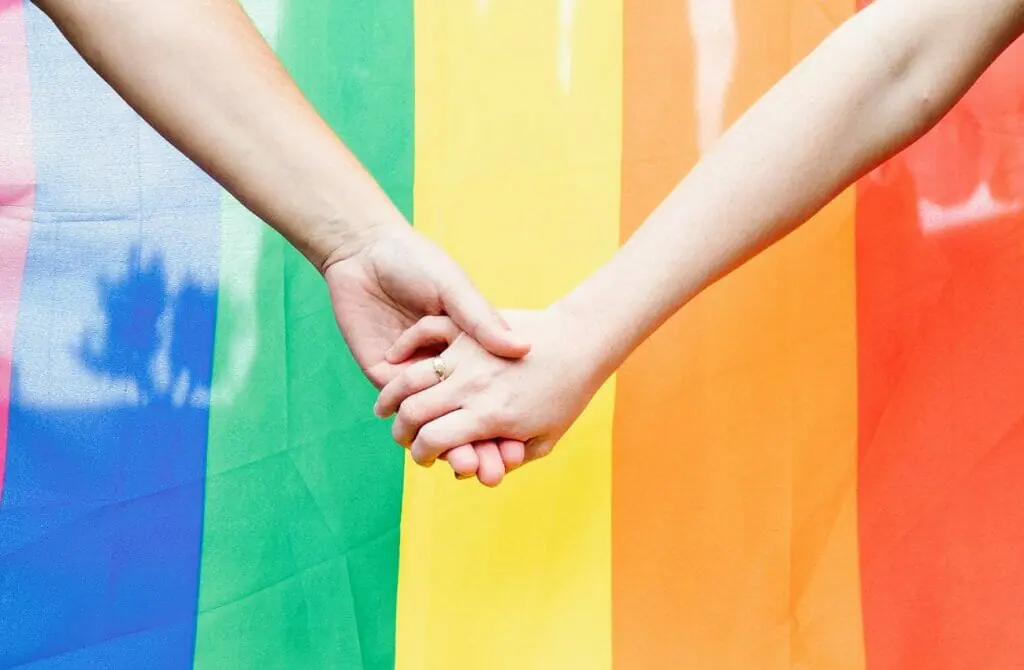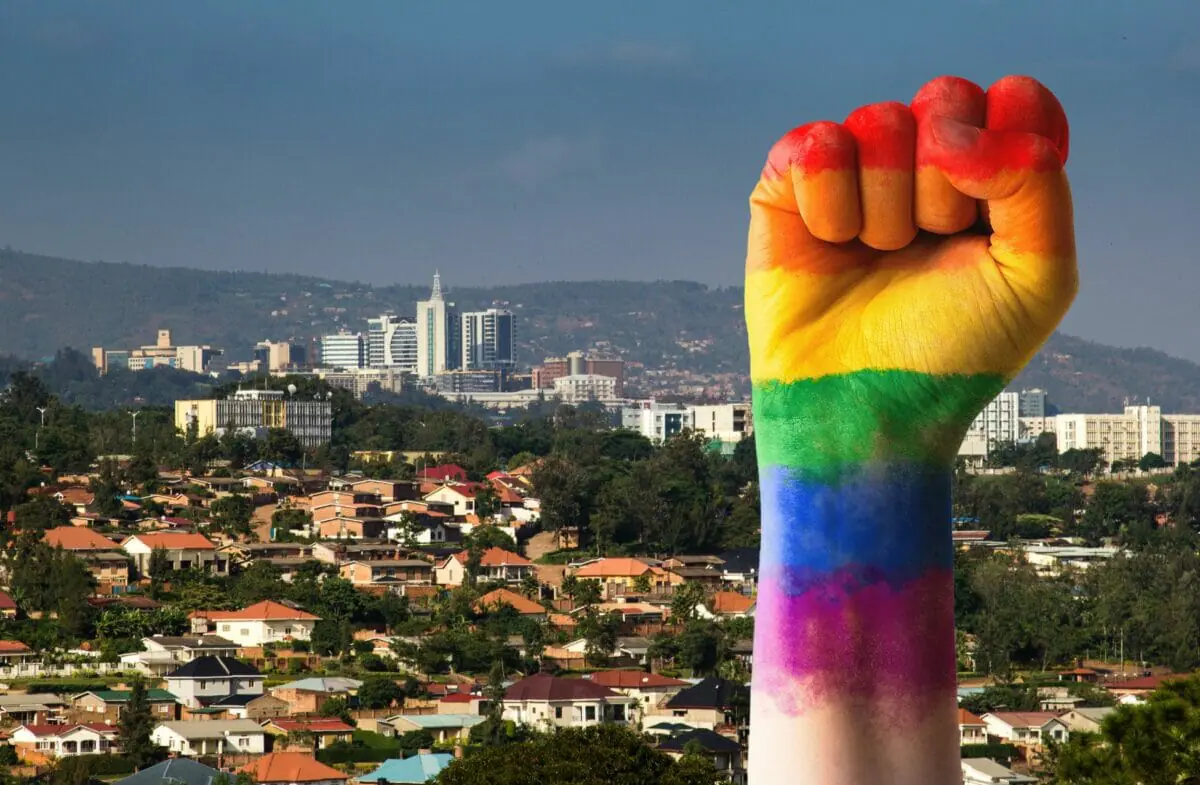Rwanda, a small yet progressive nation in East Africa, has made strides in recent years to support and protect the rights of its LGBT community. Unlike some of its neighbors, such as Uganda and Tanzania, Rwanda has chosen a more inclusive path, being one of the few African countries to sign the United Nations joint statement condemning violence against LGBT individuals. As a matter of fact, homosexual acts are legal in Rwanda, further distinguishing the country from its regional counterparts.
For LGBT travelers, this means that Rwanda provides a relatively safe and welcoming environment to explore. However, it is crucial to note that while laws may protect against explicit discrimination and violence, social attitudes and acceptance can vary greatly, even within the country. As such, it is essential for both tourists and locals to remain vigilant and cautious in their interactions. For instance, public displays of affection could still potentially spark disapproval or unwanted attention in some areas.
Tourists should always seek up-to-date information and advice before traveling, as situations can change rapidly, and laws may not always reflect the everyday experiences of the LGBT community. While Rwanda has made significant legal progress, it is important to remember that social change can be slow, and one must always err on the side of caution. The journey toward equality and acceptance is a continuous one, and travelers play a crucial role in fostering understanding and promoting respect for all.
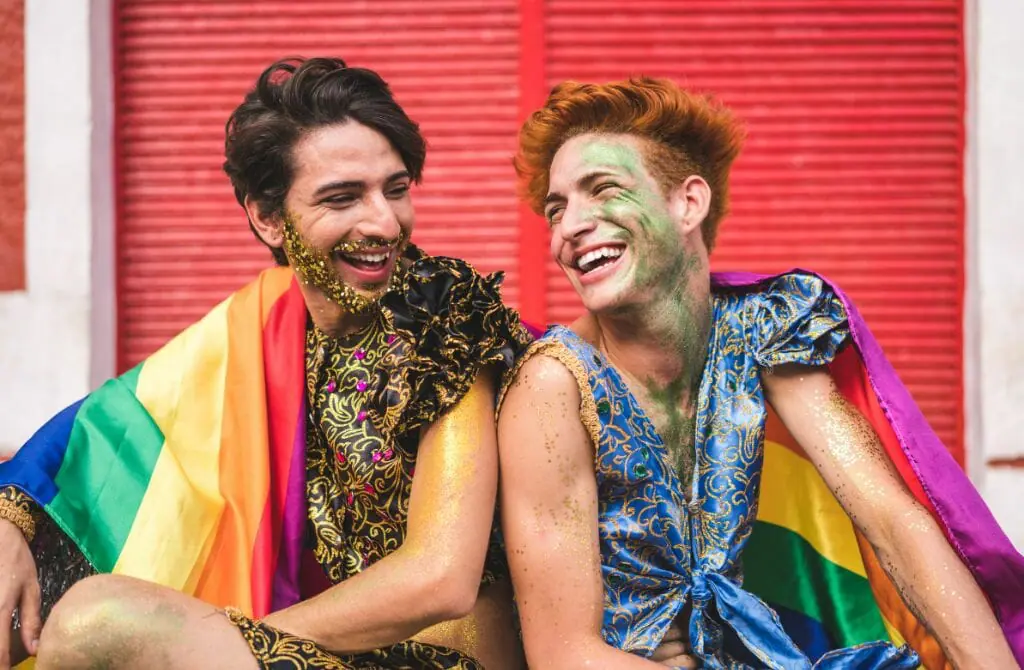
History Of LGBT Rights In Rwanda
Rwanda stands out in East Africa as one of the few countries where homosexual acts are legal, along with Djibouti. The nation has also signed the United Nations joint statement condemning violence against LGBT people, evidencing its commitment to protecting this community.
The Constitution of Rwanda, adopted in 2003, provides several provisions that impact the legal rights of LGBT citizens. For instance, Article 11 states that all Rwandans are born and remain free and equal in rights and duties. Furthermore, Rwanda has assented to international conventions and continental frameworks that protect the human rights of all citizens, including the UN Declaration.
For local people, LGBT rights are protected on paper, but discrimination and prejudice still persist in daily life. The lived experiences of lesbian, gay, bisexual, and transgender Rwandans may differ significantly from what the law stipulates, as societal stigma and personal safety concerns may impact their lives.
Tourists visiting Rwanda should note that the legal protections provided to the LGBT community do not necessarily translate to widespread acceptance or tolerance. It is essential for LGBT travelers to remain discreet and exercise caution in public, as the attitudes towards the community may vary depending on the location and local customs.
To protect oneself while traveling, it is advisable to stay informed, vigilant, and maintain a low profile. Connect with fellow LGBT travelers through online forums or social media to get first-hand information on safe places, local customs, and potential risks. Keep in mind that situations can change rapidly, and information might be out of date, so it is crucial to seek updated advice before embarking on your journey.
In conclusion, while Rwanda has made strides in promoting LGBT rights, there are still challenges faced by both local people and tourists. It is crucial for travelers to remain cautious, stay informed, and maintain a low profile to ensure their safety and security during their visit.
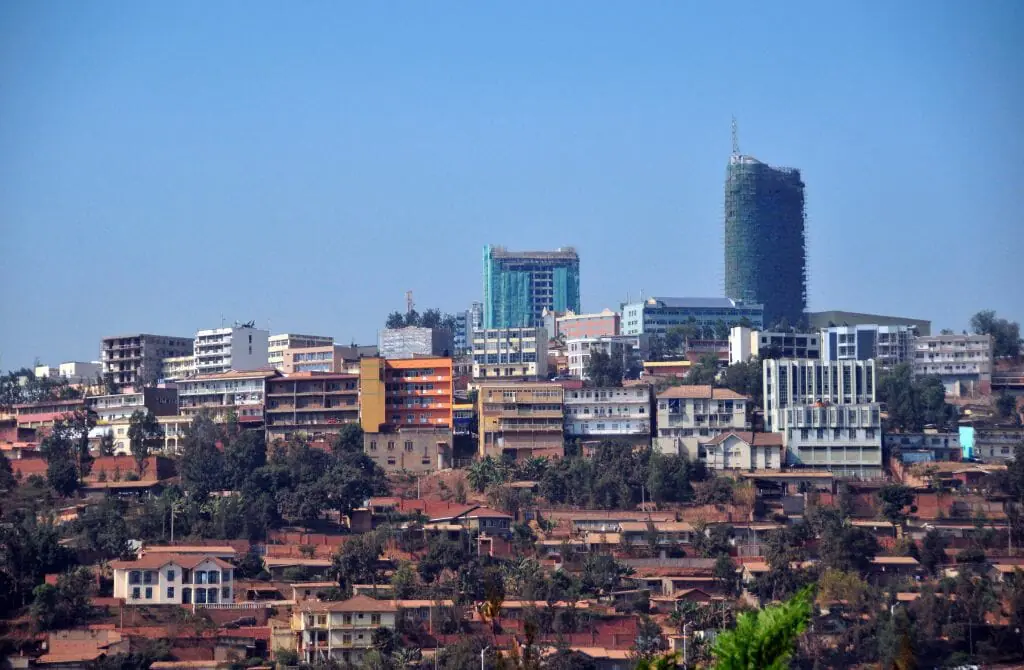

The LGBT Current Situation In Rwanda
Same-sex sexual activity is legal in Rwanda, with the age of consent set at 18 for all, regardless of sexual orientation or gender. However, the country does not recognize same-sex marriages, civil unions, or similar partnerships. Despite some legal protections, there is still discrimination against the LGBTQ+ community in various aspects of life.
For both local people and tourists, it is essential to be cautious about public displays of affection, as homophobia persists in some areas. While authorities may not actively target the LGBTQ+ community, there is still a cultural stigma that may cause negative reactions from the public. Tourists may find a higher level of tolerance within the urban areas and international establishments but should still exercise discretion.
In the unfortunate event that you face discrimination or threats, it is crucial to know your rights and seek support from friends, family, and the local LGBTQ+ organizations who can provide guidance during such instances. Joining online forums or social media groups can also be helpful in establishing connections with local and international members of the LGBTQ+ community who can provide tips, advice, and emotional support.
Travelers should stay up to date with information on LGBTQ+ rights in Rwanda by regularly checking reliable sources and connecting with local organizations. Please be mindful that the situation can change quickly, and information may become outdated. It’s always wise to have a contingency plan in place and remain vigilant for personal safety, as there could be bad actors in any destination.
Despite the progress in some areas, there is still much work to be done in Rwanda concerning LGBTQ+ rights. Through awareness-building, dialogue, and activism, the hope is that the future will bring increased acceptance, protection, and equality for the LGBTQ+ community, both locally and for visitors to the country.


The Future For The Queer Community In Rwanda
As an LGBT traveler, it’s essential to analyze the future of LGBT rights in Rwanda, particularly the differences in how these rights affect local people versus tourists. Although Rwanda has implemented legal protections for LGBT individuals on paper, discriminatory practices and social stigma still persist, disproportionately affecting Rwandan citizens.
For locals, the fight for LGBT rights must continue to focus on dismantling prejudices and promoting social acceptance within Rwandan communities. Education and public awareness campaigns can play a critical role in fostering an inclusive environment for all Rwandans, regardless of their sexual orientation or gender identity.
Moreover, there is an opportunity for domestic LGBT organizations to work closely with international human rights groups to build a supportive network that amplifies the voices of the Rwandan LGBT community and advances their civil rights journey.
Tourists, on the other hand, may experience a different set of challenges when visiting Rwanda. Although the country’s laws may offer some protection, it is crucial for LGBT travelers to remain vigilant and exercise caution during their trip.
Researching the local social climate, safe spaces, and cultural norms beforehand can provide an extra layer of comfort and assurance when exploring the country. Additionally, staying connected to embassies or trusted local support networks can be beneficial in cases of emergencies or unexpected situations.
To ensure the utmost safety and enjoyment for all LGBT travelers visiting Rwanda, always remember that situations can change quickly, and information can be outdated. As such, it’s crucial to seek current advice before embarking on your journey. The future of LGBT rights in Rwanda ultimately depends on the continuous collective efforts of advocates, allies, and the global community, where everyone has a part to play in the pursuit of universal acceptance and understanding.
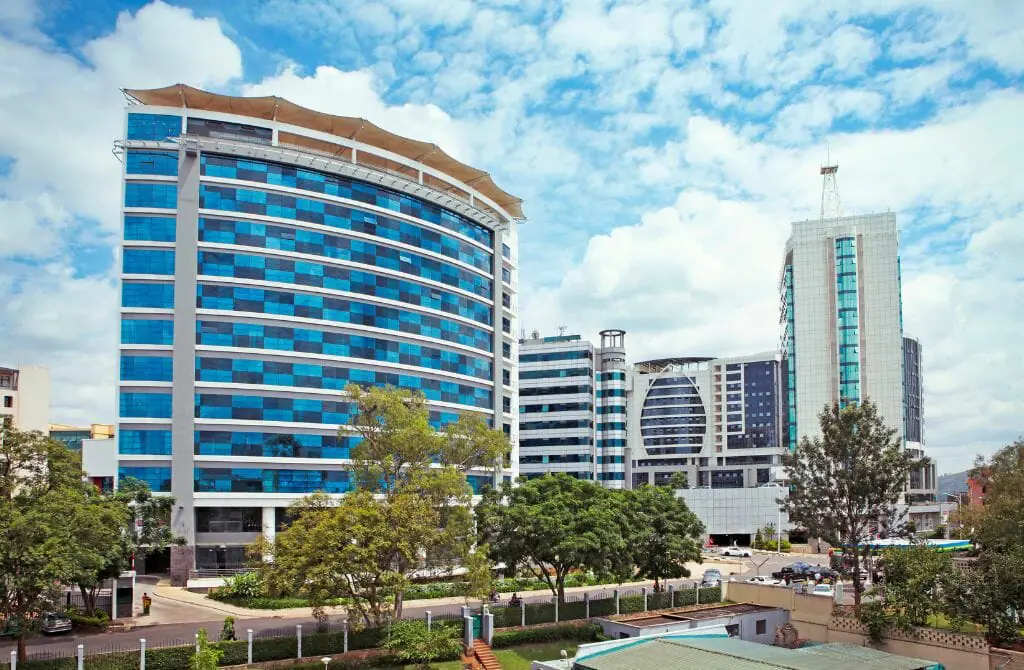
Protect Yourself While Travelling In Gay Rwanda
While same-sex sexual activity is legal in Rwanda, and the age of consent is 18 for all individuals regardless of sexual orientation or gender, it is important to understand that LGBT rights might not be fully enforced or recognized for locals and tourists alike. For instance, Rwanda does not recognize same-sex marriages, civil unions, or similar unions, and anti-discrimination or hate crime legislation specifically protecting LGBTI individuals is absent.
As a traveler visiting Rwanda, it is essential to remain vigilant and take measures to ensure your safety. Here are a few steps to consider:
- Stay informed about current events and local attitudes towards the LGBT community. Situations may change rapidly, so it is crucial to seek up-to-date advice before traveling.
- Avoid public displays of affection and discuss your sexual orientation or gender identity openly, especially in more conservative areas or where LGBT rights might not be well understood.
- Be cautious when using dating apps and social media platforms. Keep in mind that not everyone may have good intentions, and some individuals might use these platforms to target or exploit LGBT individuals.
- Familiarize yourself with local laws and customs, and respect them while traveling. Remember, it is crucial to adhere to local regulations, even if they differ from those in your home country.
- Connect with local LGBT organizations and allies for support, information, and assistance. They can provide valuable insights into the current situation and help you stay safe in the region.
Keep in mind that bad actors exist in every country, and situations can change quickly. Always maintain your awareness, stay informed, and use common sense to ensure a positive experience while visiting Rwanda.
